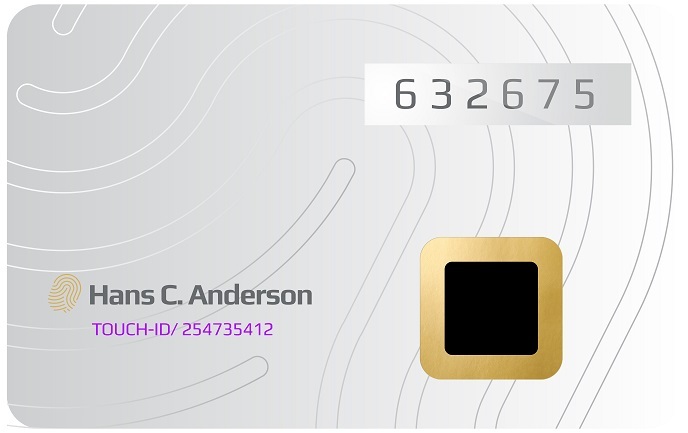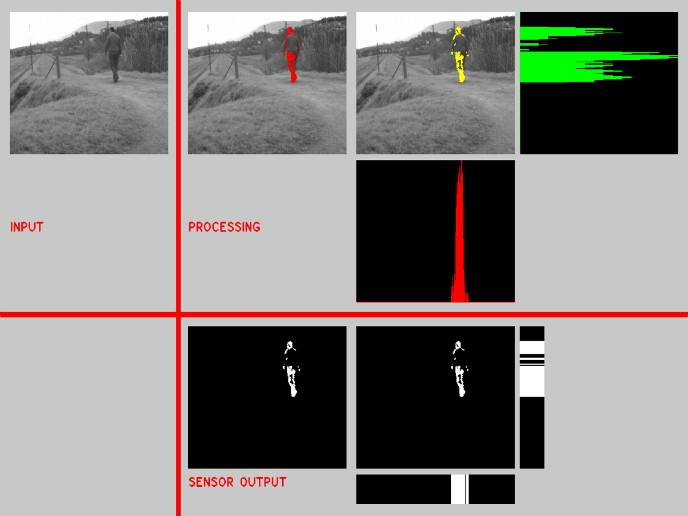Strengthening EU cooperation in tackling tax crimes
Efficient tax systems help to ensure that public services, such as health and education, receive adequate investment. “Tax pays for everything that the state is responsible for running,” notes PROTAX project coordinator Umut Turksen, professor in Law at Coventry University in the United Kingdom. “It is a critically important component in the relationship between citizens and their government.” Tax crime – and the resulting loss in public revenue – can therefore have major societal impacts. And while tax remains largely the responsibility of Member States, the EU does have powers to deal with some cross-border issues such as VAT fraud. “The difficulties of tackling and prosecuting cross-border tax crime is a rather understudied area,” says Turksen. “Every country has different regulations, and uses different terms when talking about tax crime. These differences can appear trivial, but they can impede cross-border cooperation.” Countries also use different criteria to calculate how much tax is owed, and to decide what penalties to impose. This can make cross-border comparisons tricky. Furthermore, tax crime is also often seen as a victimless crime, even though everyone pays when someone cheats the system.
Mapping tax crimes
All these issues were dealt with in the EU supported PROTAX project, which brought academics together with law enforcement agencies, judges, investigators and financial intelligence experts. “A unique aspect of this project was that we involved practitioners from the start,” adds Turksen. “This helped to ensure that the project had an impact, and that we were able to create something meaningful.” The project team used 17 countries as case studies, to map out the ways that tax crimes are dealt with. Various legal and enforcement approaches were identified. “We found that tax crime statistics are often collected differently,” he remarks. “Part of our project was about identifying problems, such as a lack of harmonised data, and putting forward suggestions to improve the situation.” Another interesting finding was the importance of whistle-blowers and investigative journalists. “In 80 % of the case studies we looked at, whistle-blowers or journalists were involved in uncovering crimes,” says Turksen. “This underlines the importance of EU laws protecting whistle-blowers.”
Online tax toolkits
From these findings, the project team put together policy guidelines and toolkits, and made these freely available on the project’s online portal. “We wanted this portal to provide a one-stop shop, to help people find which agencies are responsible for which tax offences in a particular country,” he notes. The project’s risk assessment tool for example can be used by administrators, policymakers or citizens, to help them evaluate their tax ecosystem. “Users can apply this tool to identify where gaps exist,” explains Turksen. “This might be something as simple as not providing an easy way for people to complete tax returns.” The successes achieved in PROTAX are currently being built upon in a new EU-funded project called TRACE. “In this project, we are trying to track illicit money using AI technology,” adds Turksen. “We aim to create a tracing and investigative tool that can piece together what is happening through analysing thousands of emails.” Meanwhile, many project results have found their way into postgraduate courses on tax crime. These courses provide a pathway for the project’s knowledge and insights to shine a light on the issue of tax crimes, across Europe and beyond.
Keywords
PROTAX, tax, crime, health, education, financial, law, judges, VAT







